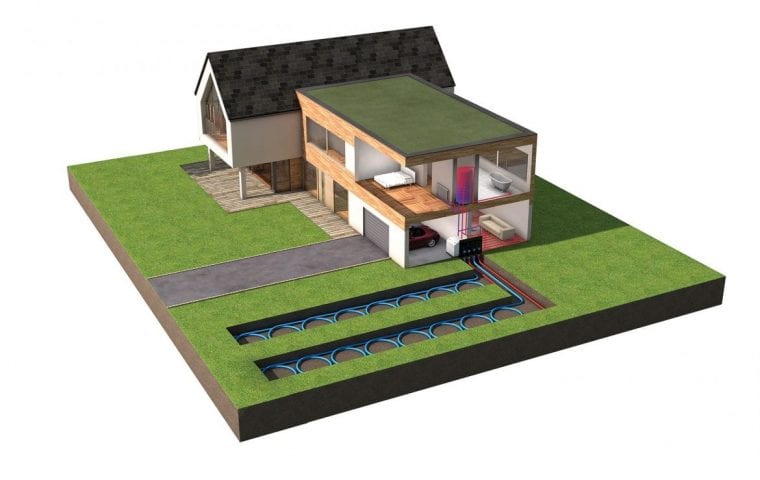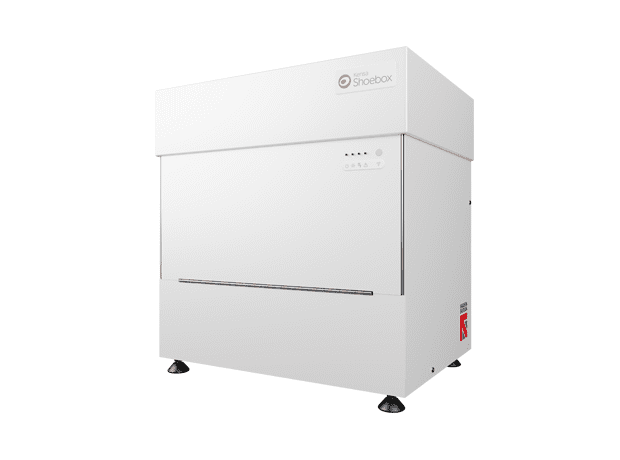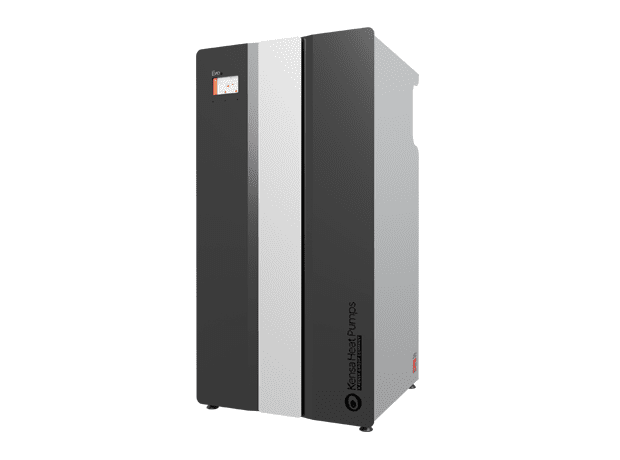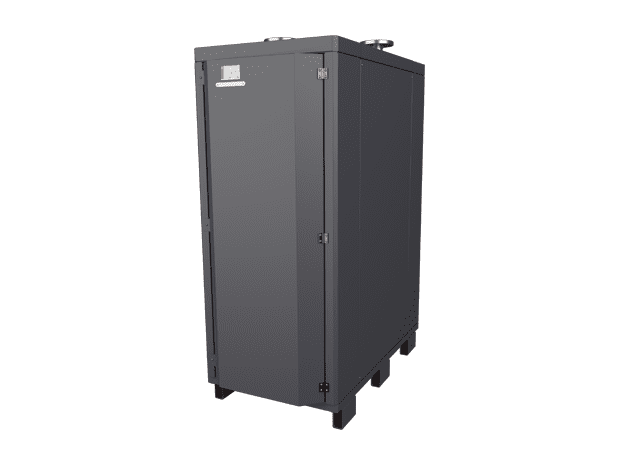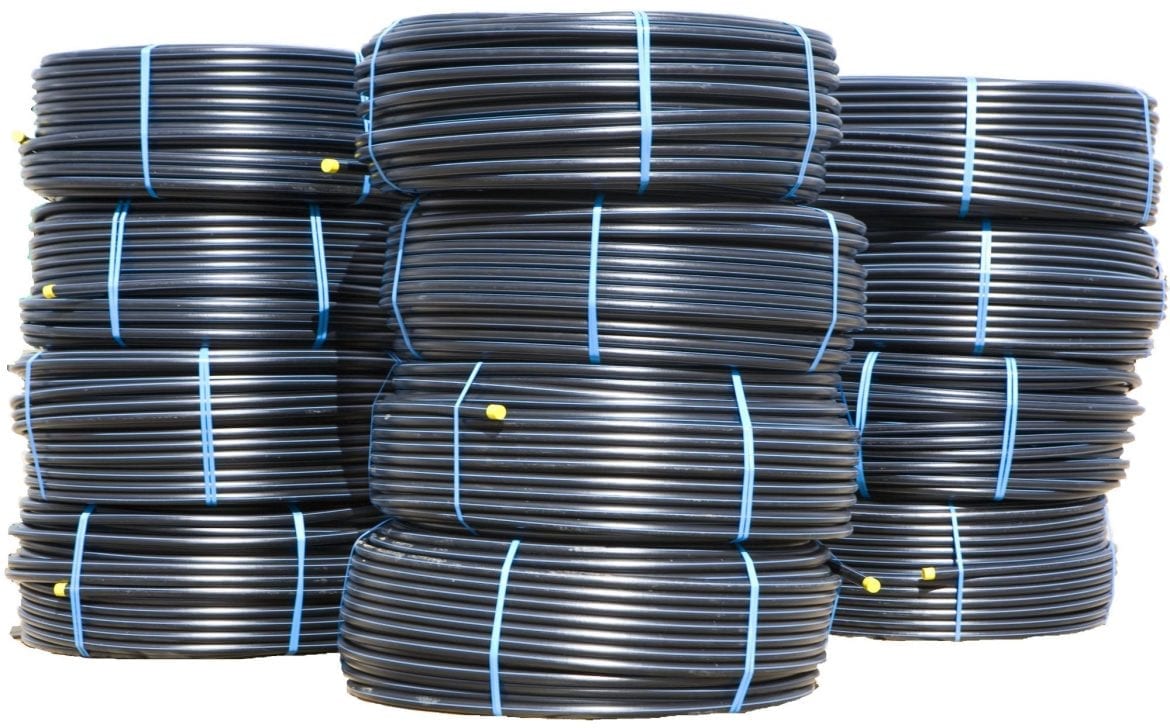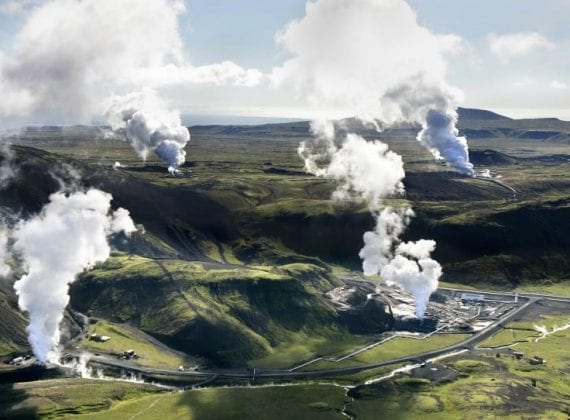Cost of hybrid heat pumps vs. ground source
Hybrid heat pump
It’s important to consider all of the costs associated with a hybrid heat pump, including initial, operating and replacement costs. This is important when comparing the technology to a singular ground source heat pump, as ground source tends to be cheaper in the long run.
Initial costs
The initial cost of a hybrid system all depends on the scenario, such as if you already have a system. For example, if you would like a hybrid system and you already have a gas boiler installed, that could mean you only have to account for the cost of the air source component.
If you were to install both components together from scratch, the total cost of a hybrid domestic heating boiler with its associated air source heat pump can be between £7,500 to £15,000. However, this will vary depending on the type of project and heating requirements.7
Operating costs
Fuel costs will be somewhere between the costs of a gas boiler and an air source heat pump (depending on the operating split). However, some of the other operating costs are doubled up. For example, you end up paying two standing charges – one for electricity and one for gas. You also need annual servicing and regular maintenance to check that the gas boiler is combusting fuel safely.
Lifetime or replacement costs
One of the main issues with a hybrid system is that it will incur twice the replacement costs of relatively short-lived appliances typically every 10-15 years for both appliances.
Ground source
The initial cost of a pure ground source heat pump conversion from mains gas is currently more expensive than an air source heat pump/gas hybrid. However, the ground array infrastructure has lifetimes in excess of 100 years and because ground source heat pumps are typically located indoors they have longer lifetimes of 20-25 years.
Once you model the costs over longer periods and account for fuel consumption, standing charges, servicing, maintenance and replacement costs then ground source heat pumps become the lowest cost option.
The long-lifetime, long-term savings and lack of maintenance that comes with a ground source heat pump soon make up for the initial cost, which is a significant advantage in the context of mass deployment.
